Important Information
Programs
Courses
Residential Schools
International Students
Current Handbook
Glossary
Study Area
HonoursCQ01 - Bachelor of Accounting
Program Aim
Traditional accounting has changed! Accountants develop a range of skills in analysis, presentation and communication of organisational information, and find professional positions across areas such as computer auditing, taxation planning, management accounting, treasury, financial consulting and strategic management. The accounting degree prepares graduates for all of these fields and ensures that students graduate with good communication and technical skills. Graduates from this program are currently working in positions in banking, large international public accounting firms, smaller regional public accounting firms and as accountants and managers in industry. They are readily employed in Asia, the United Kingdom and Europe. In particular Australian employers value the international and electronic communication skills of graduates. The program satisfies the education requirements of CPA Australia, the Institute of Chartered Accountants in Australia and the National Institute of Accountants, and graduates may also be eligible to apply for registration with the Tax Agents Board provided they meet the Board's requirements of practical experience. Graduates are also eligible to join the Association of Taxation and Management Accountants at the member level, without further study.
The Bachelor of Accounting program not only offers students the opportunity to study a degree that is recognised by professional accounting bodies throughout Australia, but also allows students the flexibility to design a program of study that will best meet their individual career aspirations and take advantage of the rapidly changing career opportunities that exist in the modern business environment.
Program Structure
To graduate with a Bachelor of Accounting students must complete a program of 24 courses consisting of:
- 8 compulsory courses;
- 10 accounting technical specialist courses; and
- 6 elective courses.
